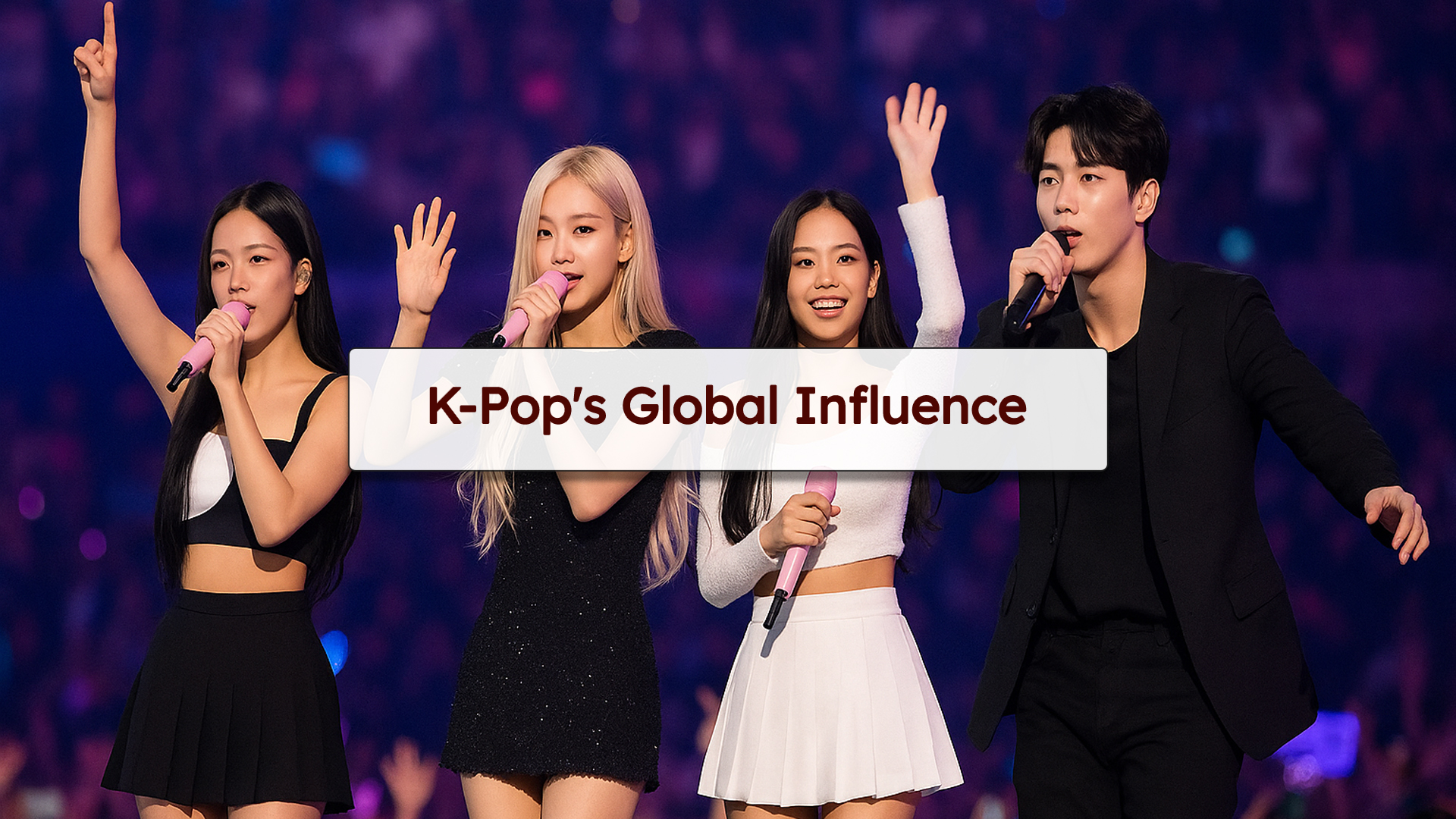In the past decade, Korean pop music—widely known as K-Pop—has surged from a regional phenomenon to a global cultural force. With addictive melodies, sleek choreography, and magnetic idols, K-Pop is reshaping not only the global music industry but also fashion, social media trends, and the cultural dialogue between East and West.
The Rise of the Korean Wave
The “Korean Wave” or Hallyu refers to the global popularity of South Korean culture, and K-Pop is at the forefront. While acts like BoA and TVXQ paved the way in the early 2000s, it was Psy’s viral hit “Gangnam Style” in 2012 that smashed through Western pop culture barriers, becoming the first YouTube video to reach one billion views. Since then, mega-groups like BTS, BLACKPINK, EXO, and TWICE have taken the world by storm with sold-out tours, Billboard chart-toppers, and record-breaking social media engagement.
Digital Savvy and Global Accessibility
K-Pop’s global reach is deeply tied to digital platforms. YouTube, Twitter, TikTok, and Instagram have allowed Korean idols to directly engage with international fans, transcending language barriers with subtitles, livestreams, and fan translations. This digital-first strategy has created a participatory fan culture—known as “fandom”—that is fiercely loyal, organized, and global.
Redefining Pop Culture Standards
K-Pop groups are known for their intense training regimens, which often begin in early adolescence and span years before debut. This meticulous preparation results in highly synchronized performances, genre-blending music, and a polished visual aesthetic. In doing so, K-Pop has redefined the expectations of pop music performance and introduced non-Western cultural norms to mainstream audiences.
Beyond Music: Fashion, Beauty, and Representation
K-Pop’s influence extends beyond music. Idols often serve as fashion icons and brand ambassadors for global luxury brands like Chanel, Louis Vuitton, and Dior. The industry’s beauty standards have influenced global trends in skincare and cosmetics, giving rise to the popularity of K-beauty products.
Perhaps most significantly, K-Pop is expanding the representation of Asian artists in a traditionally Western-dominated industry. Groups like BTS have used their platform to speak at the United Nations and address issues such as mental health, self-love, and anti-Asian racism.
The Power of Fandom
K-Pop fans, often referred to by their fandom names (e.g., ARMY for BTS, BLINKs for BLACKPINK), are more than just passive consumers. They organize charitable donations, trend hashtags to support their idols, and even influence political conversations. In 2020, K-Pop fans made headlines for their role in supporting the Black Lives Matter movement and disrupting online campaigns with coordinated digital activism.
Looking Ahead
As K-Pop continues to evolve, its global influence shows no signs of slowing. With agencies investing in multilingual training, global auditions, and international collaborations, the next generation of K-Pop is poised to be even more diverse and globally integrated.
K-Pop is no longer just a genre; it’s a global cultural movement reshaping how we define celebrity, creativity, and community in the 21st century.


